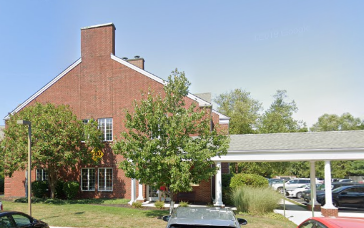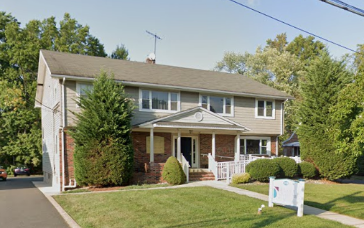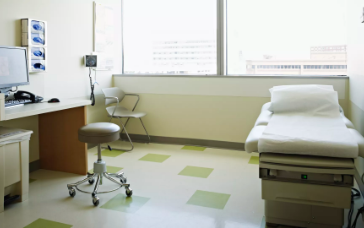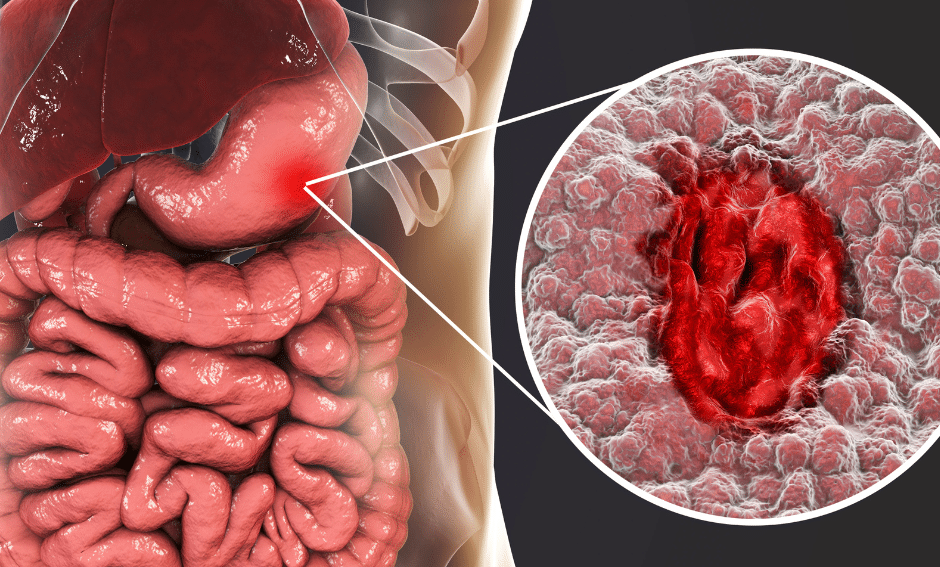Barrett’s esophagus occurs when the normal cell type that lines the lower part of the esophagus (squamous cells) is replaced by a different cell type (intestinal cells). This process usually results from repetitive damage to the esophageal lining. The most common cause of this is longstanding gastroesophageal reflux disease (GERD), a condition in which the esophagus is exposed to excessive amounts of stomach acid. Interestingly, the intestinal cells of Barrett’s esophagus are more resistant to acid than squamous cells, suggesting that they may be an adaptation to the chronic acid exposure. The problem with this adaptation is that the intestinal cells have a small potential to transform into cancer cells.

Meet Our Providers
Our Gastroenterology Centers in NJ
Hillsborough, NJ

511 Courtyard Drive Bldg. 500
Hillsborough, NJ 08844
Somerville, NJ

Warren, NJ

31 Mountain Boulevard Suite H
Warren, NJ 07059
Recent Blogs
Learn more about all things digestive health and wellness by checking out our recent gastroenterology blogs.

Infusion therapy has become a vital treatment option for individuals with Crohn’s disease, offering relief when traditional medications may fall short. This method delivers medication directly into the bloodstream, providing quicker and more targeted effects to help manage inflammation, reduce symptoms, and improve quality of life. For those with moderate to severe Crohn’s disease, infusion […]

The Advancement of Ulcerative Colitis Treatment Ulcerative colitis (UC) is a chronic inflammatory bowel disease (IBD) that affects the lining of the colon and rectum. Those diagnosed with UC often experience flare-ups that can significantly impact their quality of life. Fortunately, advancements in medical treatment have made managing this condition more achievable. One option is […]

Diverticular disease and diverticulitis are related digestive health conditions that affect the large intestine (colon). With diverticular disease, small, bulging pockets develop on the lining of the colon. When these pockets become inflamed or infected, the condition is called diverticulitis. They are very common – especially after age 40 – and rarely cause problems. At […]




































